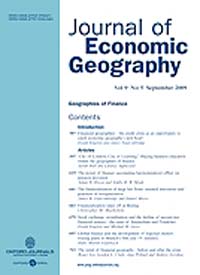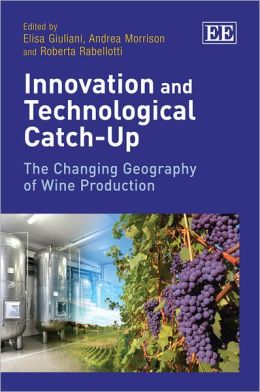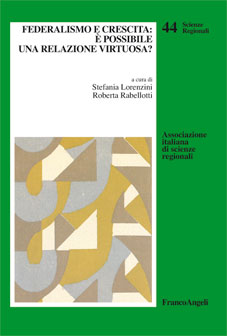Journal of Economic Geography, forthcoming
The article is co-authored with Riccardo Crescenzi and Carlo Pietrobelli.
It investigates the geography of multinational companies’ investments in the EU regions. The ‘traditional’ sources of location advantages (i.e. agglomeration economies, market access and labour market conditions) are considered together with innovation and socio-institutional drivers of investments, captured by means of regional “social filter” conditions. This makes it possible to empirically assess the different role played by such advantages in the location decision of investments at different stages of the value chain and disentangle the differential role of national vs. regional factors. The empirical analysis covers the EU-25 regions and suggests that regional socio- economic conditions are crucially important for the location decisions of investments in the most sophisticated knowledge-intensive stages of the value chain.


